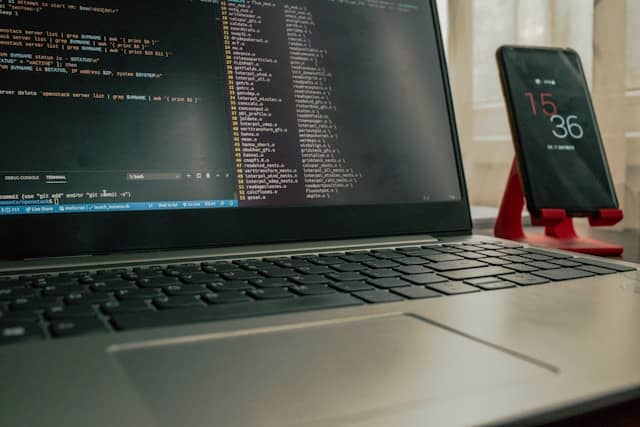World
Muslim women break taboos; navigate east London’s waterways in paddle sports

London: In a serene canal in East London, Dilruba Begum expertly navigated her kayak while a trainee sat in front. “Out here, you can be anyone,” she whispered as she lifted the paddle up to allow the kayak to drift with the current. Two years ago, at the age of 43, Dilruba felt overwhelmed with parenting responsibilities until a friend introduced her to a free, women-only program for learning paddle sports nearby.
Today, she is a certified paddle sports instructor, thanks to the program organised by Poplar HARCA, a local housing and community development group. Dilruba and her fellow paddlers are paving the way for women from less advantaged areas in East London, encouraging them to explore water sports that have often felt out of reach for ethnic minorities facing financial and time constraints.
Get Latest Mathrubhumi Updates in English
What began as a pilot project with 18 women has now expanded to around 70 participants. Among them are women who are “working, some are full-time mums, some haven’t been out of the house in years”, Dilruba told AFP. Nine of these women, including Dilruba and Atiyya Zaman, 38, have qualified as instructors and launched London’s first boat club with an all-female, Muslim committee.
On a rainy September afternoon, Dilruba and Atiyya led their inaugural session, teaching a small group of women how to paddle kayaks and inflatable boards. After securing life vests, they demonstrated various techniques on a small platform before entering the kayaks to start their session on the Limehouse Cut canal.
This canal runs through Poplar and Bow in Tower Hamlets, one of the most deprived and densely populated boroughs in London. One of the initiative’s goals is to improve access to “blue spaces” in Poplar, which features 6.5 kilometres (3.7 miles) of continuous waterways. “I live next to the canal, and I used to see people going (on it) all the time. I did always wonder how it would feel if I could do that?” said Atiyya, bobbing up and down on an orange kayak.
Jenefa Hamid, from Poplar HARCA, said many people from black, Asian and minority ethnic (BAME) backgrounds that make up most of the local community “thought water sport was not something that’s typically for them”. This could be due to a fear of drowning, as well as cultural and religious reasons. “I think it is just feeling socially excluded,” she added.
According to data from Sport England, from 2017 to 2019, less than one percent of Asian (excluding Chinese) adults participated in water sports, and all BAME communities were underrepresented in swimming activities. Some of the women in the group “haven’t even been in the water before”, said Atiyya. “When I started, especially women within this community, we would never do this sort of thing.” By making the program women-only and allowing for diverse attire, it has become more welcoming for local Muslim women.
Naseema Begum, 47, an original participant who is now an instructor, noted the “taboo” that often prevents Asian women, particularly those who wear headscarves, from engaging in water sports. Wearing a niqab, Naseema wanted to show that “you can wear anything and go in the water. As long as you’ve got the right equipment… anyone can take part”. Women were also attracted by the affordability. Private boating clubs are “quite unaffordable if you’ve got a family to maintain”, said Naseema, adding that she could not justify spending the amount on her own “leisure”.
She now chairs the “Oar and Explore” boat club and, along with Dilruba and Atiyya, hopes to raise funds to purchase their own boats and storage space at a new pontoon planned for the area. “The way I felt, the enjoyment and the confidence that I’ve built from this, I want to pass it on to others and tell them there’s more to life,” said Dilruba. Part of the enjoyment for her was a rare chance to “just sit down with your thoughts, not think about anything else”.
Atiyya agreed. “During Covid, it was quite hard with three young children at home, and then with work, it was very stressful. This was a way to escape,” she said.
Dilruba attributes her journey to the support of her instructors, who helped her unlock a new world of opportunities. “They have lifted us up and made us into some new people, with new experiences… new skills we never thought we would have,” she said.










